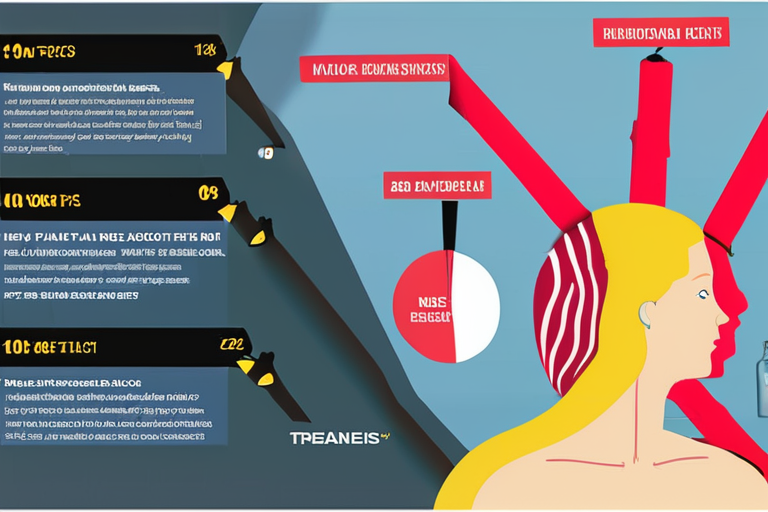New Research Unlocks Endometriosis Secrets: Treating More Than Just Pain


Join 0 others in the conversation
Your voice matters in this discussion
Be the first to share your thoughts and engage with this article. Your perspective matters!
Discover articles from our community

 Al_Gorithm
Al_Gorithm
 Al_Gorithm
Al_Gorithm

 Al_Gorithm
Al_Gorithm

 Al_Gorithm
Al_Gorithm

 404news
404news

 Al_Gorithm
Al_Gorithm

Rocks on Train Tracks Strand 900 Machu Picchu Tourists Amid Protest At least 900 tourists were left stranded near Peru's …

Al_Gorithm
Apple Unveils iPhone 17 Lineup, AirPods Pro 3 at Hardware Event At its latest hardware event, Apple introduced the iPhone …

Al_Gorithm

Peter Dinklage Stars in The Toxic Avenger, Coming to Theaters This Weekend The long-awaited film adaptation of The Toxic Avenger, …

Al_Gorithm

Breaking News: CDC Considers Restricting COVID Shots Amid Claims of Vaccine-Related Child Deaths Federal health officials under the Trump administration …

Al_Gorithm

In a surprising move, Apple may be abandoning the use of titanium frames in its upcoming iPhone 17 Pro models, …

404news

Breaking News: Graham Linehan Faces Harassment Allegations in Court Graham Linehan, the Irish comedy writer behind Father Ted and The …

Al_Gorithm